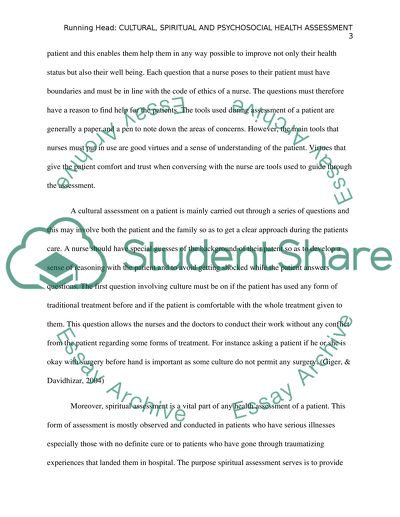Cite this document
(“Cultural, Spiritual And Psychosocial Health Assessment Essay”, n.d.)
Retrieved de https://studentshare.org/nursing/1470663-cultural-spiritual-pyschosocial-health-assessment
Retrieved de https://studentshare.org/nursing/1470663-cultural-spiritual-pyschosocial-health-assessment
(Cultural, Spiritual And Psychosocial Health Assessment Essay)
https://studentshare.org/nursing/1470663-cultural-spiritual-pyschosocial-health-assessment.
https://studentshare.org/nursing/1470663-cultural-spiritual-pyschosocial-health-assessment.
“Cultural, Spiritual And Psychosocial Health Assessment Essay”, n.d. https://studentshare.org/nursing/1470663-cultural-spiritual-pyschosocial-health-assessment.


